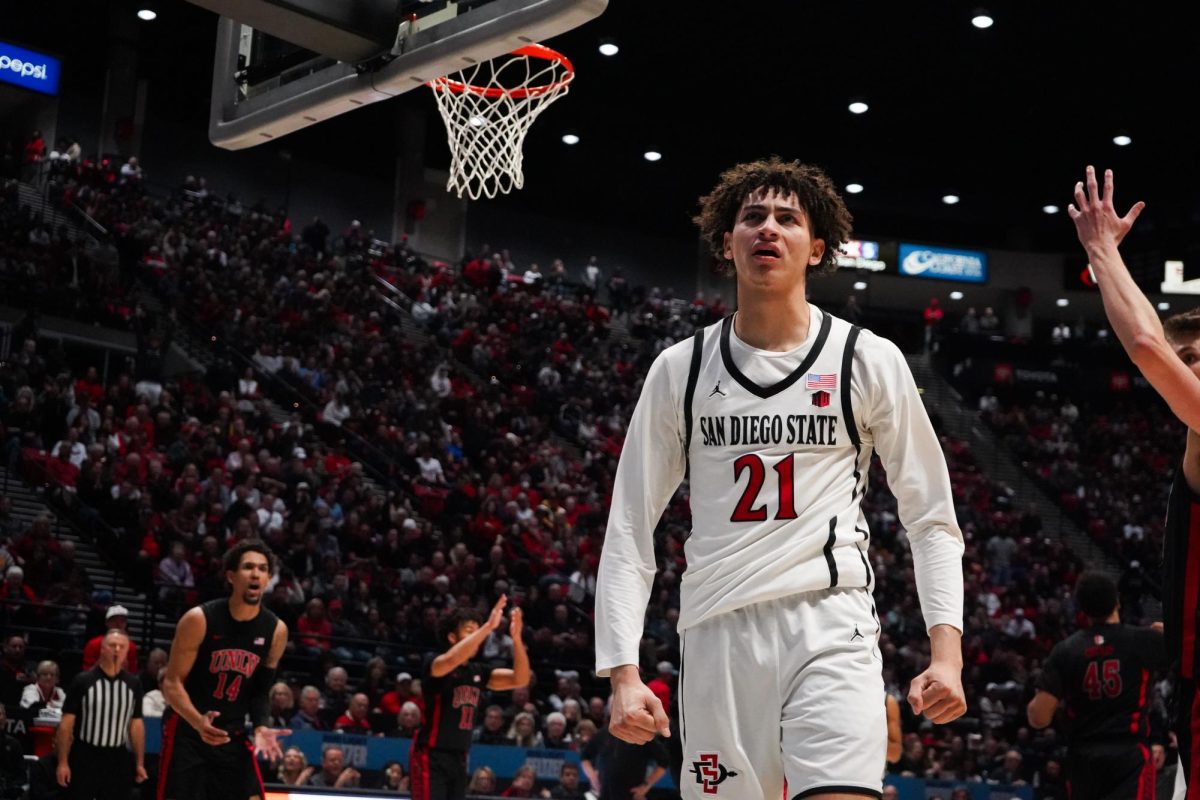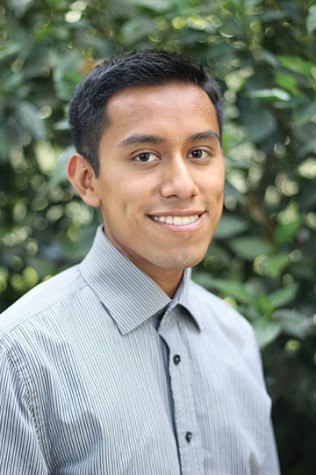San Diego State is collaborating with three universities in the country of Georgia to create SDSU-Georgia, campuses with an emphasis on science, technology, engineering and math.
The partner universities—Tbilisi State University, Georgian Technical University and Ilia State University— will offer SDSU bachelor’s degrees in chemistry/biochemistry, computer engineering, computer science and electrical engineering.
In addition, the new international campuses will include an English language center, allowing Georgians to succeed in the English-language degree programs. Online degree programs in civil engineering and construction engineering will also be offered eventually.
Funding for the new initiative comes from a $30 million grant awarded by the U.S. Millennium Challenge Corporation. Some funding will also come from the Georgian government, according to SDSU NewsCenter.
Kenneth Walsh, director of SDSU’s J.R. Filanc Construction Engineering and Management Program and the first dean of SDSU-Georgia, said most of the grant will be used to develop facilities for the programs, which naturally require laboratories and hands-on practice. Current plans include the construction of a new building at ISU and renovation of existing spaces at ISU and GTU.
Created in 2004, the MCC partnered with the world’s poorest countries to combat poverty by increasing access to education, healthcare and basic infrastructure.
In January 2011, Georgia was chosen by the MCC to receive the grant funding for this project. After more than two years of research, the MCC board officially approved the program in June 2013.
An open call for U.S. universities to participate was then held. Nearly 30 schools submitted proposals in the first round. Three were selected for further study and had to develop detailed curriculum proposals.
“I think (SDSU) did the best job of developing meaningful partnerships with universities in Georgia,” Walsh said. “Those partnerships allowed us to listen carefully and develop the best programs for those institutions and for the economic development of Georgia.”
The partnership will include study abroad opportunities for students of both countries and teaching models that encourage teamwork from students at both campuses. Common ground for potential research collaborations is arising as well.
“(Georgia) has faced a number of challenges and problems that provide whole new contexts for related faculty at SDSU to test their theories and collect data,” Walsh said.
He said the main challenge of directing a program overseas is the time difference, not so much the language and cultural differences.
“I have found that the Georgians are very excited about this project, that they really want to have the chance to develop their technical workforce to international standards from inside Georgia,” Walsh said. “So I think there are a lot of cultural parallels to the approach that SDSU has always taken to be an engine of workforce and economic development.”
Classes are scheduled to begin in fall 2015. The next objective is to recruit the entering class.
“My biggest goal is to find lots of hardworking, technically capable students who want to be Georgian Aztecs for Life,” Walsh said.
Staff writer Quinn Owen also contributed to the story.














